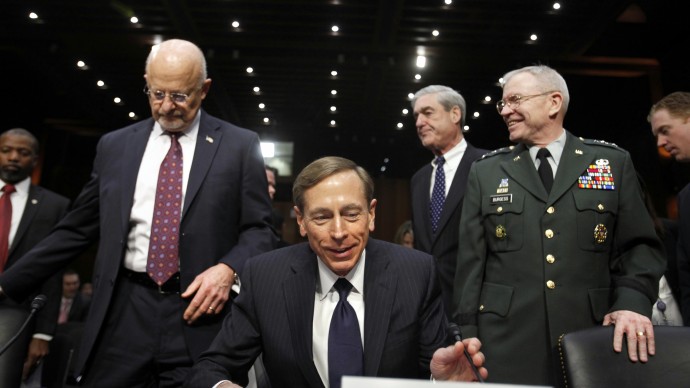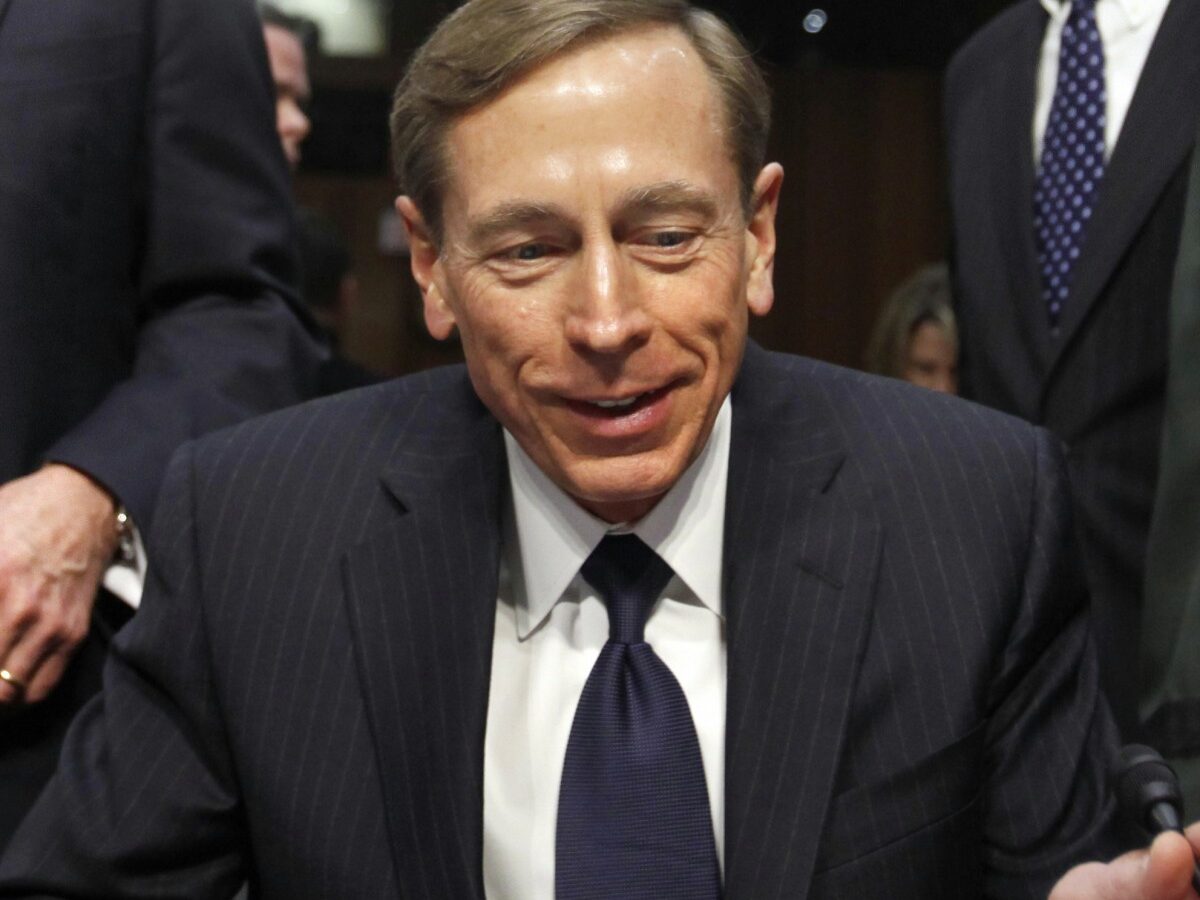
(MintPress)-The Central Intelligence Agency (CIA) is seeking permission from President Obama to expand its covert drone campaign in Yemen to allow strikes against terrorism suspects based on observations of suspicious behavior without knowing the identities of those who could be killed.
The expansion would allow the CIA to strike targets based on intelligence showing suspicious activity at known al-Qaeda compounds including imagery of militants unloading explosives, US officials told the Washington Post.
The US has operated a covert drone program overseas since 2001, but only recently have strikes in Yemen begun to mirror those of the well-known program in Pakistan. Reports by the Bureau of Investigative Journalism and leaked intelligence cables have been a major source of information on the Agency’s covert drone program.
In the past, covert CIA programs were only disclosed when documents became unclassified, years after the the projects ended. But the expansion of social media and whistleblowing sites like Wikileaks have brought CIA programs into the spotlight as events unfold.
The CIA has been backed into a corner trying to please the increased public demand for transparency caused by these information disclosures while continuing to cover up its secrets and prevent total exposure of its covert, sometimes illegal, activities.
CIA Commitment to an “Open Government”
On his first day in Office, President Barack Obama announced his Open Government Initiative, a directive intended to bridge the gap of communication between the government and the American people.
“My administration is committed to creating an unprecedented level of openness in Government. We will work together to ensure the public trust and establish a system of transparency, public participation, and collaboration,” announced Obama.
In line with the President’s directive, the CIA issued its own CIA Open Government Plan, stating, “The Agency strongly supports the President’s Open Government Initiative because it also is mindful that continued public support for CIA is very much dependent upon public understanding of its mission and activities.”
The CIA outlined several steps it planned to take in order to increase transparency with citizens of the US, including: respond on a daily basis to inquiries from the media and citizens, publish unclassified documents relating to the function of the agency and compile all previously declassified articles in a searchable collection, and hold meetings “with various groups on appropriate occasions to share information about the Agency and what it does.”
The Agency also agreed to release past documents including two Warsaw Pact documents, a collection of documents on the Soviet invasion of Czechoslovakia, and an analysis of the Korean War.
Barriers to Accessing Government Information
While the Agency’s Public Affairs department takes steps to comply with the President’s Open Government Initiative, whistleblowers and rights groups are upset with the CIA’s hesitation to release tangible data about ongoing projects.
Last fall, the CIA adopted, without notice for public comment, a regulation to charge requesters as high as $72 per hour for Mandatory Declassification Review (MDR) requests. Entered into the Federal Register in September, the regulation implements a mandatory fee on all records requests even if no information is found or released.
“The effect of the CIA’s new policy will be to price the public out of submitting MDR requests, a result not at all consonant with Obama Administration transparency policy,” wrote the National Security Archive and various watch groups in a letter to three top intelligence directors. More than 30 organizations joined the National Security Archive in protesting the new CIA policy in late February.
National Security Counselors, a Virginia watch group, filed a lawsuit against the CIA in February claiming that charging fees for MDR requests violates laws that restrict agencies from collecting fees for services that benefit the general public.
The CIA is simultaneously engaged in a controversy surrounding former intelligence officer John Kiriakou, who played a major role in exposing waterboarding interrogation techniques and was indicted this month on charges of leaking classified secrets to journalists, including information about a covert mission to find a top al-Qaeda suspect.
Kiriakou faces federal charges under the Espionage Act for blowing the whistle on the CIA’s use of questionable interrogation techniques that are considered illegal under international law. Although Obama expresses online his commitment to protecting whistleblowers, his Administration has used the Espionage Act six times to press charges, while it had only been used three times prior against government whistleblowers since its inception in 1917.
In response to the charges against Kiriakou, Director of the CIA, David H. Petraeus said January in a statement to employees, “Unauthorized disclosures of any sort—including information concerning the identities of other Agency officers—betray the public trust, our country, and our colleagues. Given the sensitive nature of many of our Agency’s operations and the risks we ask our employees to take, the illegal passage of secrets is an abuse of trust that may put lives in jeopardy.”
As the Agency says on its website, “there always has been a concern about how a secret agency with special authorities fits within an open and democratic society.” And while CIA chief Petraeus believes exposing secret intelligence information will betray public trust of the Agency, others feel betrayed by the Agency’s lack of openness and believe whistleblowers play an important role in bringing true transparency to the government.


